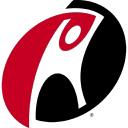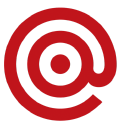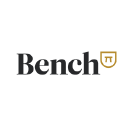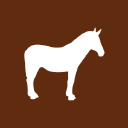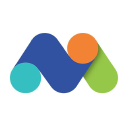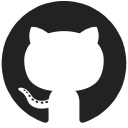How I Built A $2.9K/Month Focused Writing & Blogging Platform
Hello! Who are you and what business did you start?
Hi! I’m Matt Baer, founder of Write.as. We make digital tools that help creative people get their work online, from words to visual art. What we’re most after is building usable software that doesn’t kill your creative ideas (as notifications, feeds, and “likes” tend to do), to encourage free expression by giving you better privacy, and to make digital expression accessible to everyone.
The main products we build are Write.as, a focused writing/blogging platform, and the open-source software behind it, WriteFreely. It serves everyone from poets to programmers, from people who write professionally to those who write to get something off their chest. Today we host over 75,000 sites, more than 500,000 articles, and power hundreds of independent WriteFreely sites across the web. Our Pro service is built for individuals, and our Teams service is built for companies and other organizations.
Beyond our flagship tool, we’re building Snap.as, a minimal tool for...

